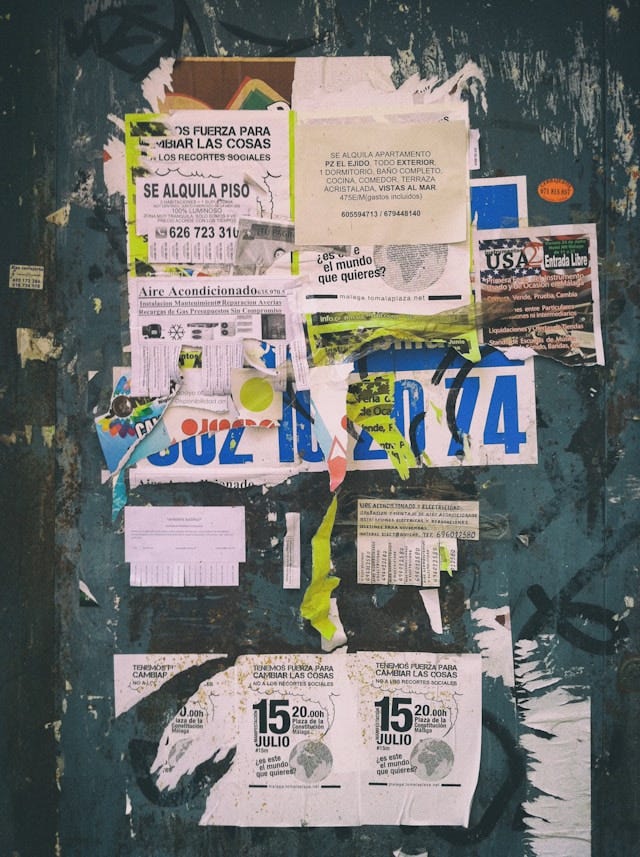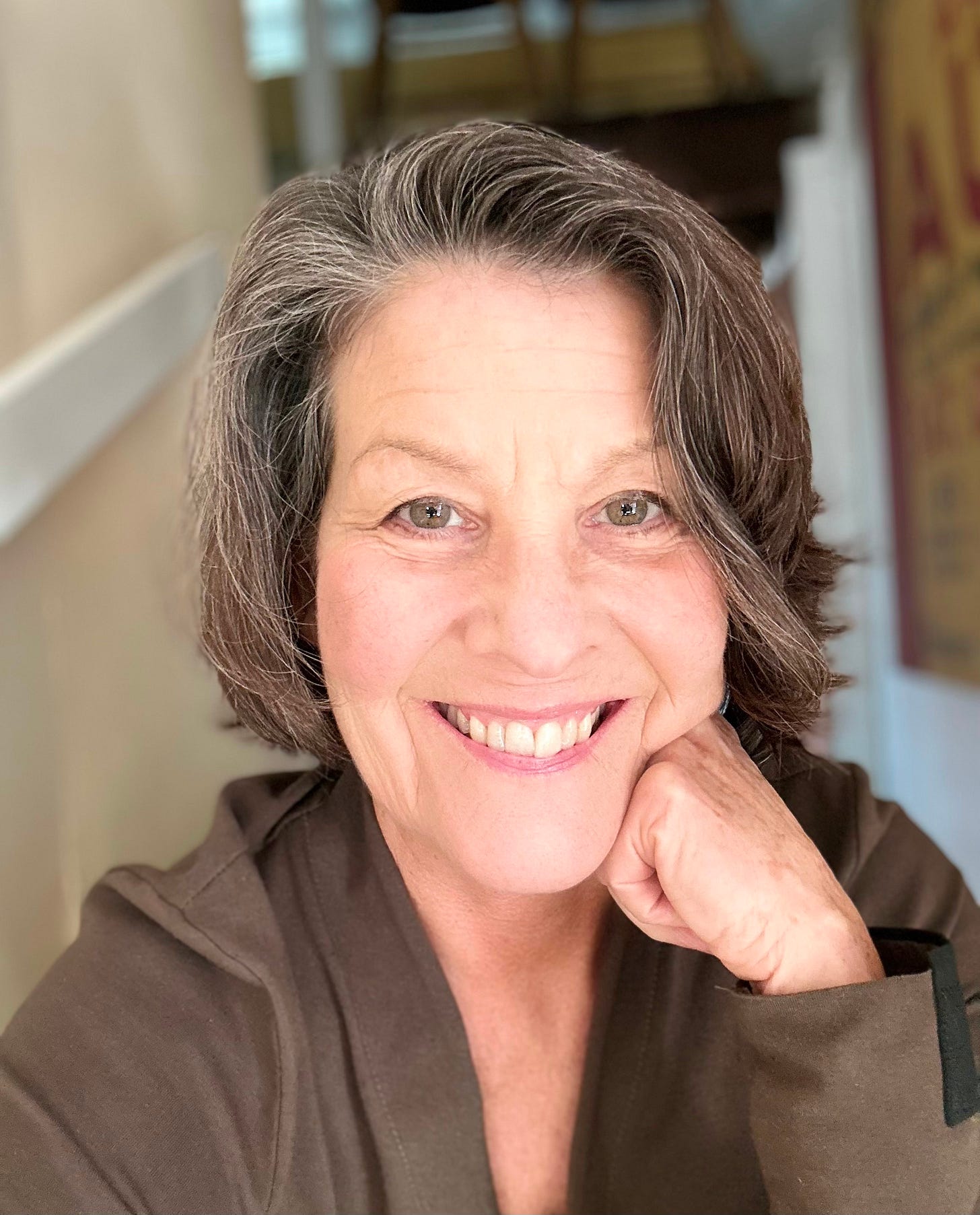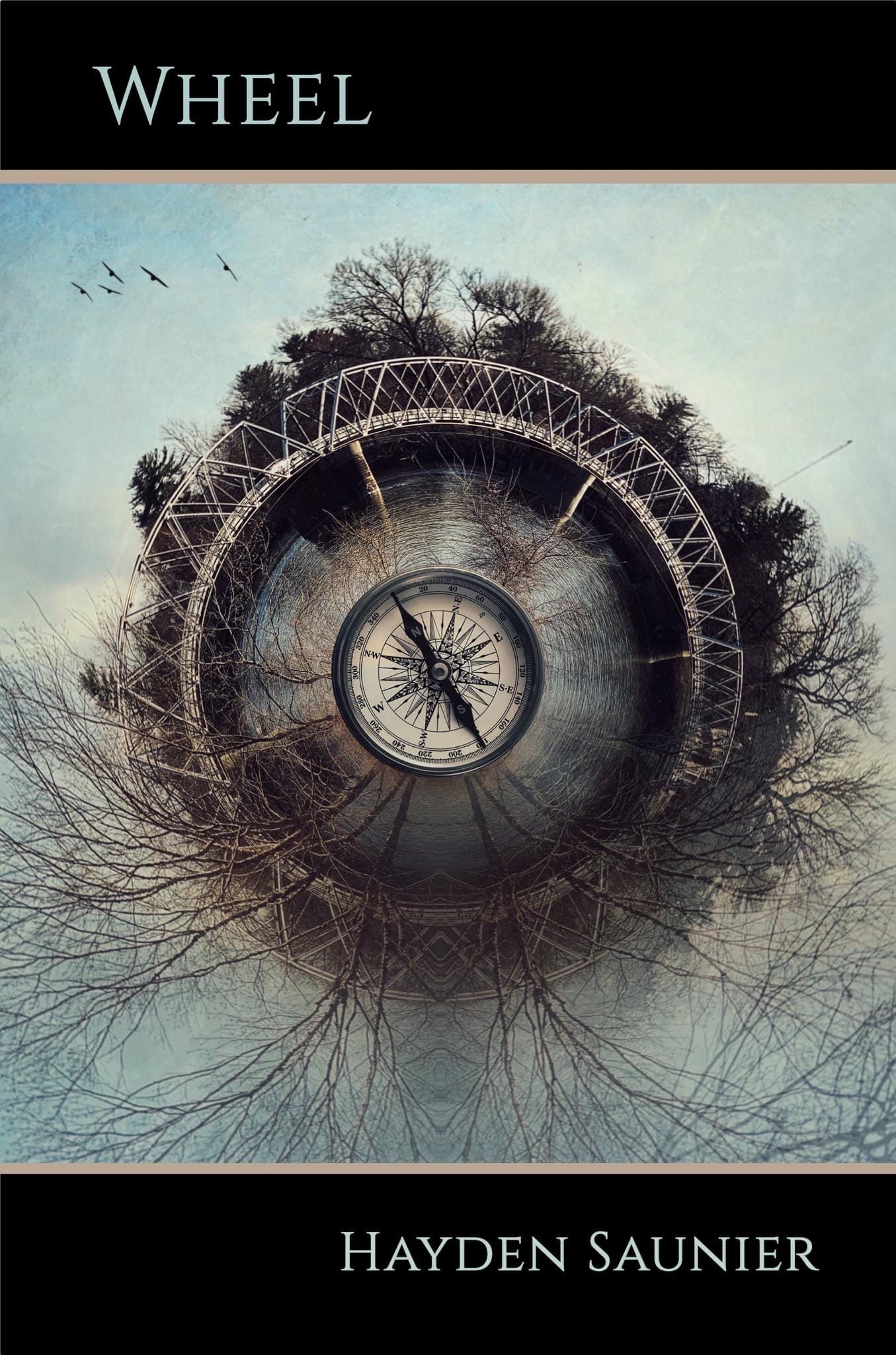Pen & Page Prompt #6
This week: Writing in pieces
Pen & Page: Disruption as Meaning
Fragmentation in poetry isn’t just about breaking things apart. It’s about trusting the reader to move through the spaces you’ve left, to make the leap with you. In life, our days rarely unfold in neat arcs. They’re flashes of memory, half-finished thoughts, conversations cut short. Writing in fragments mirrors that truth.
A fragment invites intimacy because it doesn’t explain everything. It lets silence carry weight. It offers the reader a place to step in, to become part of the poem’s architecture. In a way, fragmentation is an act of collaboration. The poem’s meaning is built together, between the words on the page and the mind reading them.
You can read more about fragmentation in my recent post “Fragment as Form: Exploring the Art of Poetic Disjunction.”
Prompt #6: When the World Went Sideways
Write about a moment when something ordinary turned strange — a familiar street in a sudden fog, a dinner conversation that veered into the unexpected. Consider using a form such as a sonnet or a looser form such as a list poem, Even consistent quatrains, tercets, or couplets create form.
Now take that familiar form and interrupt it. Break the pattern with unrelated lines, abrupt silences, or contradictions that jar the reader. Let the disruption itself be part of the poem’s meaning. Let it arrive organically, timed with the disruption of the event.
Your “break(s)” might:
Insert a surprising image that doesn’t seem to belong.
Drop a single-line stanza in the middle of a longer one.
Repeat a phrase in a way that interrupts the flow.
The goal is to explore how disorder, interruption, and dissonance can open new layers of meaning — just as in life, where the unexpected often changes the story.
#Stage Notes
Upcoming Reading with Hayden Saunier, author of Wheel on August 26 at 6:00 - 7:30 PM (ET) live at the Bryant Park Reading Room (between 40th and 42nd Streets and Firth and Sixth Avenues behind the New York Public Library, NYC: Free. If you are in Manhattan on the 26th, this is the poetry reading to attend. Other poets reading are: Eve Grubin, Lesley Wheeler, and Elizabeth T. Gray.
Hayden Saunier is the author of six poetry collections, including her most recent book Wheel, (Terrapin 2024) Her work has been awarded a Pushcart Prize, Nimrod International’s Pablo Neruda Prize, the Rattle Poetry Prize and has been published in 32 Poems, Southern Poetry Review, River Heron Review, The Sun, Thrush, and Virginia Quarterly Review as well as featured online on Poetry Daily, The Writer’s Almanac, and Vox Populi. Hayden is the founder and director of No River Twice, an interactive poetry performance group.
Wheel is a tour de force of craft and voice from Pennsylvania poet Hayden Saunier. Among her many published works and five other collections, this book stands out for its ingenious turns and hammer-strike endings. These are poems you’ll feel in your bones — the work of an accomplished poet fully at home with the page, the pen, and the pulse of everyday life.
John Timpane, journalist, editor, and writer, says of Wheel, “This is the work of a poet at full throttle, full voice, persuading us to join her as she stands in a winter suit of hand-me-downs amid a storm of beauty, loss, and bright abundance, feet in rubber boots, wheeled round, firmly grounded in chastening, gladdening splendor.”
Wheel is available from Terrapin Books and Bookshop.org.
Thanks for hanging around with me today. I’d love to hear your responses to the prompt (or anything, really), so jump in there and share what’s happening.
Let your words scatter—trust that they’ll land true.
Write and thrive,
Robbin





I was in need
of much to feed
Off what I cannot mention
The delacasy, finger treats, of purity
I found imposition
I was in need, of nothing more I filled myself with apprehension
I do not write poetry as a practice. It is something I do to reap Insight, or document it in times of peace. In accordance to this pushing myself to work through the little inspiration I had for this one, I've not given it much second thought or anything to do with pure , humble explorations and reflection.
This was a quick one, but perhaps in the future I would look back it it and feel there was a lesson, wisdom I had gained throughout my time in processing and reflecting
Here goes
It is easy to remember,
just as the minds shardes envelope struck suckles of every ember,
And oh, the disilusioned send off,
The constant disentangled locket mind
My constant wrath it wished to surrender,
To images of ease,
Not to confront
the true man kind
I saw a family like me from a far place
They dressed the same, brother sister of another race
In my amazement I sent off the forever truth,
That what is known of man is not the same as what I love
That what is known of man is but irreverent masks
Not in their great effort, but my preformence past
I let myself be storied into the admiration
Of all that fevers loss the virus of translation
The sister turned to him to let off little steam
They joked a few strange terms, the common ones to fiends,
of what is bad and
what is vulger and what is brief
I do not hate them simply
I do not hate the world
In quivering and boiling heat
I did not preach the cold
In little stories lost and minds entranced now list in thought
I did not, Idid not,
I did not hate each verry thought
But when my sight came to the everlasting rot,
The two of subtle disdain they offered me a spot
In there very ritual, a soft soda they bought
I did say no, but not of critical intentions
I did not hate them simply , going without mention
All that occured diseased my mind to forsee precise tension
Of lifetimes in that little seat of surgical preventions
From the pain of my auntie weak I was just yet a sponsor
Sister went in with none to eat and auntie came out smiling
We left the room,
my mind of doom,
And still in recollection
I did not hate them simply
It was a few, an awfully few
But raging, resisting need for love of deep perfection
None that exist in little life the before that I mention
I was in need of much to feed off what I cannot mention
The delacasy, finger treats of purity, yet I found imposition
I was in need, of nothing more I filled myself with apprehension